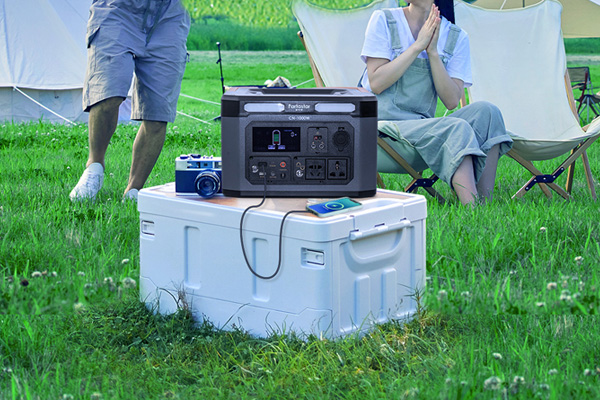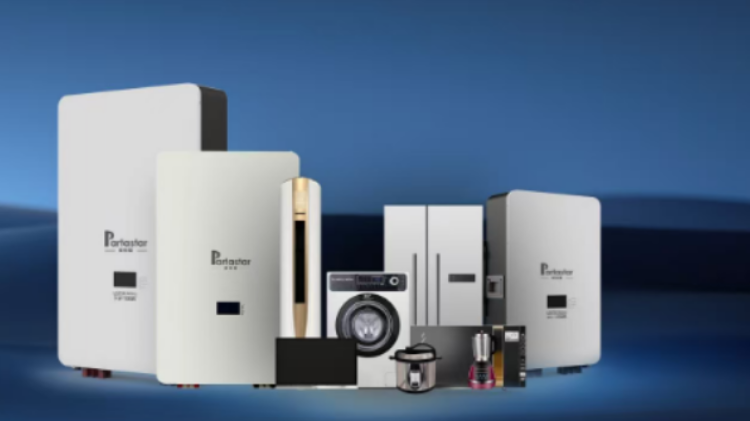While LiFePO4 batteries have many advantages over other types of lithium-ion batteries, they do have some disadvantages that are worth considering. In this article, we'll explore the disadvantages of LiFePO4 batteries, and why they may not be the best option for everyone.
1. Lower Energy Density
One of the main disadvantages of LiFePO4 batteries is their lower energy density compared to other types of lithium-ion batteries. This means that they can store less energy per unit of volume or weight, which can be a limiting factor in certain applications. While this may not be a concern for portable power stations or other stationary applications, it can be a significant disadvantage for electric vehicles or other applications where weight and volume are important factors.
2. Higher Cost
LiFePO4 batteries are generally more expensive than other types of lithium-ion batteries, due to the cost of the raw materials and the manufacturing process. While they may be cost-effective in the long run, due to their longer lifespan and higher safety, the initial investment can be a barrier for some users.
3. Limited Temperature Range
LiFePO4 batteries have a narrower temperature range than other types of lithium-ion batteries, which can limit their performance in certain environments. They perform best in temperatures between 0°C and 45°C, and can experience reduced performance or even damage at temperatures outside of this range. This makes them less suitable for use in extreme environments, such as in the Arctic or the Sahara.
4. Limited Availability
While LiFePO4 batteries are becoming more widely available, they are still not as commonly used as other types of lithium-ion batteries. This can make it difficult to find replacement batteries or to get them serviced in some areas.
5. Lower Voltage
LiFePO4 batteries have a lower nominal voltage than other types of lithium-ion batteries, which can be a disadvantage in certain applications. This means that more cells may be required to achieve the same voltage as other types of lithium-ion batteries, which can add weight and reduce energy density.

6. Limited Power Density
LiFePO4 batteries have a lower power density than other types of lithium-ion batteries, which means that they may not be able to deliver as much power in a short amount of time. This can be a disadvantage in applications where high power output is necessary, such as in electric vehicles or power tools.
7. Limited Compatibility
LiFePO4 batteries are not always compatible with the same charging systems as other types of lithium-ion batteries. This can make it difficult to charge LiFePO4 batteries with standard chargers, and may require the purchase of special chargers or adaptors.
Conclusion
While LiFePO4 batteries have many advantages over other types of lithium-ion batteries, they do have some disadvantages that are worth considering. These include lower energy density, higher cost, limited temperature range, limited availability, lower voltage, limited power density, and limited compatibility. Whether these disadvantages outweigh the benefits of LiFePO4 batteries will depend on your specific needs and circumstances. If you're considering using LiFePO4 batteries, it's important to do your research and consider all of the pros and cons before making a decision.



